Fast Facts for
Job Hunters
Sue Southwood
Copyright 2007, 2008, 2012 National Institute of Adult Continuing Education (England and Wales) 21 De Montfort Street Leicester LE1 7GE Reprinted with additional material, 2008 New Edition, 2012 Company registration no. 2603322 Charity registration no. 1002775 NIACE has a broad remit to promote lifelong learning opportunities for adults. NIACE works to develop increased participation in education and training, particularly for those who do not have easy access because of class, gender, age, race, language and culture, learning difficulties or disabilities, or insufficient financial resources. You can find NIACE online at www.niace.org.uk Cataloguing in Publication Data A CIP record of this title is available from the British Library ISBN 978-1-86201-623-1 (print) ISBN 978-1-86201-614-9 (PDF) ISBN 978-1-86201-615-6 (ePub) ISBN 978-1-86201-616-3 (Kindle)
Contents
Where to look for jobs
National Careers Service Call 0800 100 900: free from landlines but calls from mobiles may incur a cost. Lines are open 8 am to 10 pm, 7 days a week.
You can make an appointment with an adviser at your nearest National Careers Service office or go to the website at: https://nationalcareersservice.direct.gov.uk/
aboutus/contactus/Pages/contact4.aspxLocal and national newspapers Also, your area of work may have a specialist magazine aimed at employers and workers in your field, and this will usually advertise job vacancies. Reading it will also keep you up to date with whats happening in your area of work. These magazines are often available online. Networking/word of mouth/asking friends and family Seventy per cent of people find jobs through this method. Recruitment agencies Look on the high street or on the Internet. The Internet Your local library can offer advice on searching and applying for jobs online, and provide free access to the Internet. The Internet Your local library can offer advice on searching and applying for jobs online, and provide free access to the Internet.
There is no one comprehensive Internet site that lists all available jobs, but the websites listed below may be useful. You can search for job vacancies by job type, keyword or location. Some are general, and some specialise in particular kinds of jobs. Many allow you to subscribe to email alerts and updates. Some also have articles and advice on getting a job. Some useful job search websites are: http://jobseeker.direct.gov.ukwww.1job.co.ukwww.alljobsuk.comwww.careerjet.co.ukwww.indeed.co.ukwww.jobsite.co.ukwww.monster.co.ukwww.totaljobs.com If you know of a company or organisation you would like to work for, take a look at their website for contacts and advertised vacancies.
For example, www.unison.org.uk/jobs
Tips
You could set up a separate email address for your job search Keep a log of the jobs you apply for, making a note of dates and other key information When you find a good site, make sure you save it
Completing application forms
Decide whether the job is for you before you apply Set aside plenty of time Take a copy of the application form to use as a draft Read the instructions carefully before you start Use a black pen Complete all sections neatly and accurately Be positive Proofread and check spellings try to get someone to check it for you Photocopy the completed form when youve finished
What to include in a CV
Name and contact details Personal statement Qualifications and training Skills and achievements Work experience Additional information References (its best to say References available upon request and supply details at a later stage.) Your CV should ideally be no more than two sides.
CV template
Your name Your street Your town Your county and postcode Your telephone numbers Your email
Personal statementQualifications and trainingSkills and achievementsWork experience: Your job title Name of company and town Start and end dates
Additional informationReferencesWriting a personal statement
A personal statement is useful for a CV, application form or covering letter. It is two or three sentences that sum up the type of person you are. Use only positive language Include your strengths Think about the aspects of your personality that make you a good employee e.g. paying attention to detail Draw attention to your skills and experience Be honest
Transferable skills
These are skills that you can use in lots of different jobs. Working as part of a team Working without supervision Oral communication Written communication Working to deadlines Planning and organising Giving instructions Following instructions Using a computer Supervising and managing Working without supervision Handling money Working with the public
Dealing with gaps in your career
People have gaps in their work history for many reasons: looking after children, caring for family members, redundancy, or ill-health.
If you have gaps in your career it is important to explain them positively. List all the things you did during that time, such as: Bringing up children Running the home Learning new skills Voluntary work Member of any clubs, teams or committees Following hobbies or interests Think of all the skills and knowledge you needed to do these things. They might be transferable skills and knowledge that an employer is looking for. Let the new employer know that you have a positive attitude and are willing to learn. Your emphasis should be on your future potential, not attempting to explain every detail of the past.
Writing a covering letter or email
If you know the name of the person, start your letter
Dear Mr or Dear Ms. and end
Yours sincerely.
If you dont have a named person, start your letter Dear Sir or Madam and end Yours faithfully. For emails, end Regards or Best wishes.
What to include in a covering letter
Date Your name and address State the job youre applying for including any reference number Include where you saw the job advertisement Match the skills and experiences in the job advert to your own skills listed in your CV or application form Highlight your transferable skills Be positive and enthusiastic If you can, use the Internet to find out more about the company to help you tailor your letter.
Useful words
| business | negotiated |
| career | organised |
| committed | position |
| co-ordinated | professional |
| customers | punctual |
| effective | qualifications |
| efficient | reliable |
| enthusiastic | responsible |
| experience | self-directed |
| experienced | skills |
| hard-working | successful |
| honest | successfully |
| initiative | supervised |
| knowledge | task |
| managed | trustworthy |



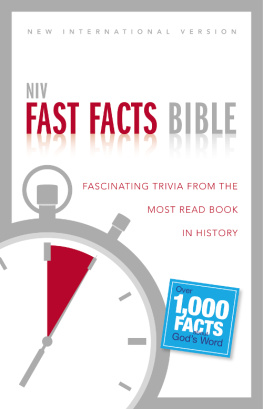



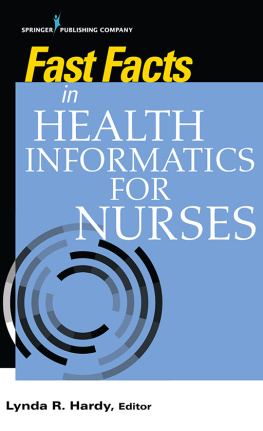
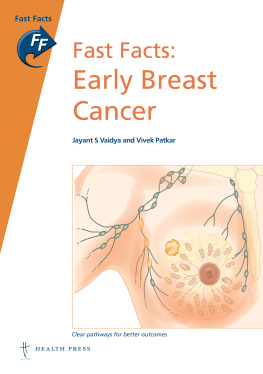
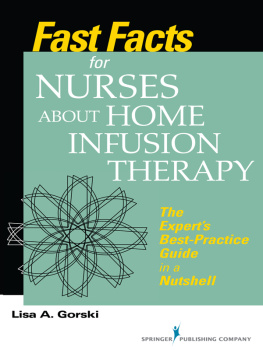
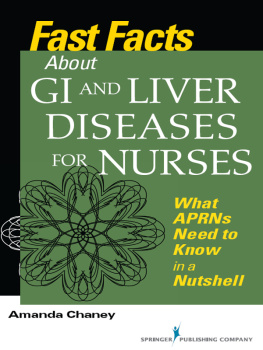
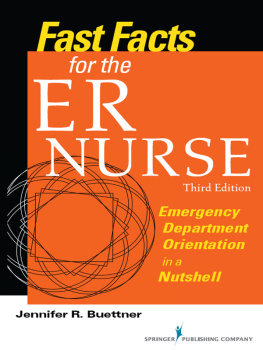
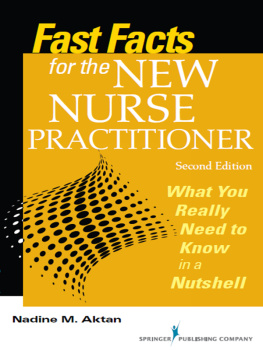
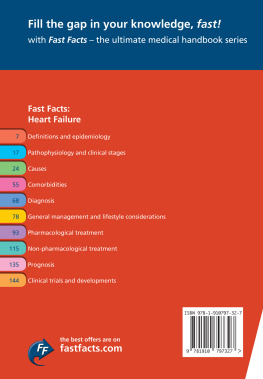
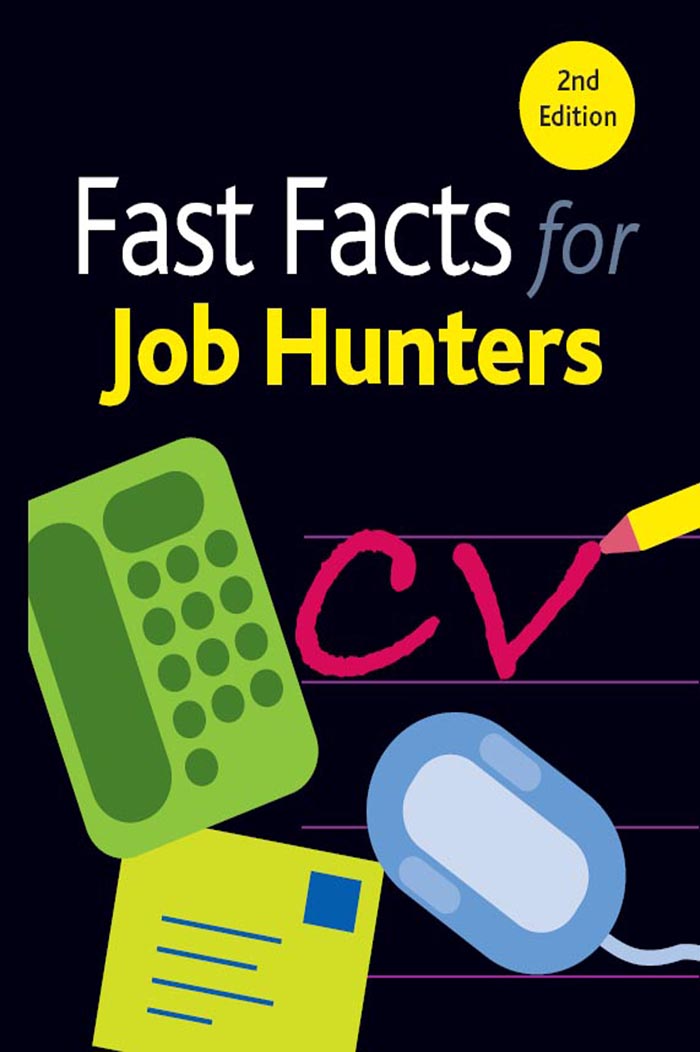
 Copyright 2007, 2008, 2012 National Institute of Adult Continuing Education (England and Wales) 21 De Montfort Street Leicester LE1 7GE Reprinted with additional material, 2008 New Edition, 2012 Company registration no. 2603322 Charity registration no. 1002775 NIACE has a broad remit to promote lifelong learning opportunities for adults. NIACE works to develop increased participation in education and training, particularly for those who do not have easy access because of class, gender, age, race, language and culture, learning difficulties or disabilities, or insufficient financial resources. You can find NIACE online at www.niace.org.uk Cataloguing in Publication Data A CIP record of this title is available from the British Library ISBN 978-1-86201-623-1 (print) ISBN 978-1-86201-614-9 (PDF) ISBN 978-1-86201-615-6 (ePub) ISBN 978-1-86201-616-3 (Kindle)
Copyright 2007, 2008, 2012 National Institute of Adult Continuing Education (England and Wales) 21 De Montfort Street Leicester LE1 7GE Reprinted with additional material, 2008 New Edition, 2012 Company registration no. 2603322 Charity registration no. 1002775 NIACE has a broad remit to promote lifelong learning opportunities for adults. NIACE works to develop increased participation in education and training, particularly for those who do not have easy access because of class, gender, age, race, language and culture, learning difficulties or disabilities, or insufficient financial resources. You can find NIACE online at www.niace.org.uk Cataloguing in Publication Data A CIP record of this title is available from the British Library ISBN 978-1-86201-623-1 (print) ISBN 978-1-86201-614-9 (PDF) ISBN 978-1-86201-615-6 (ePub) ISBN 978-1-86201-616-3 (Kindle)